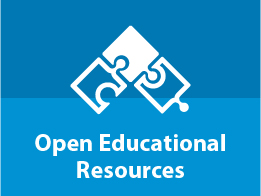e-Learning Ecologies: Innovative Approaches to Teaching and Learning for the Digital Age
- Videos with subtitles: English
You may also be interested in: VIEW MORE
n8n Advanced course
n8n Beginner course

PAIR Distinguished Lecture : active matter meets mechanobiology : evading the decay to equilibrium

PAIR Distinguished Lecture : toward carbon-neutral cities : sensors and cyber-physical networks for green infrastructure

PAIR seminar : if you think it is hot now – just wait a few years

PAIR seminar : supporting and rehabilitating older adults through Agetech : from prevention to personalised care